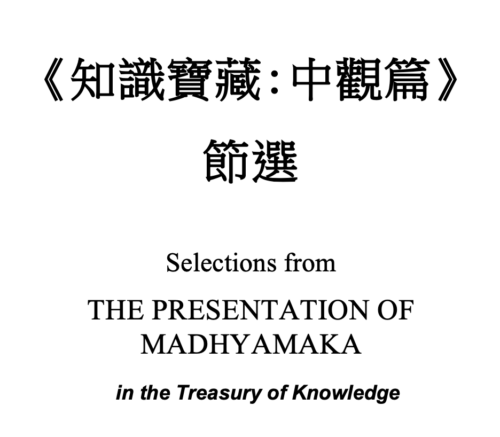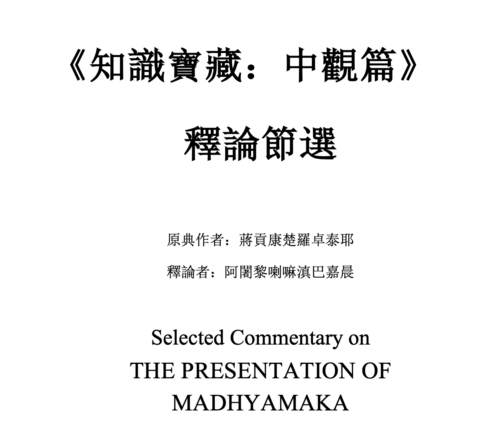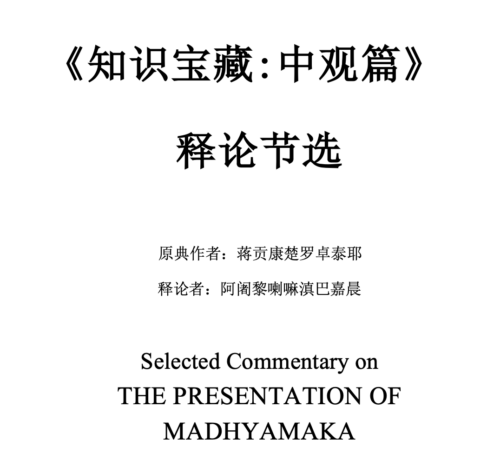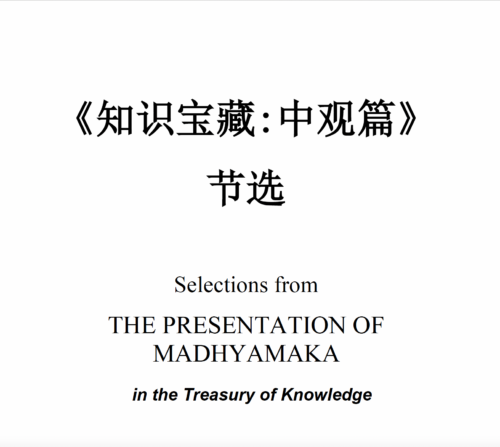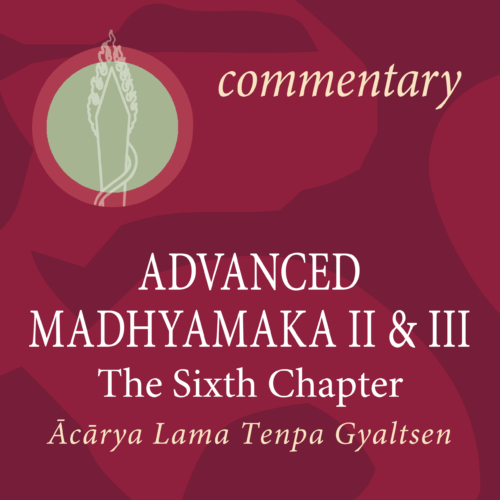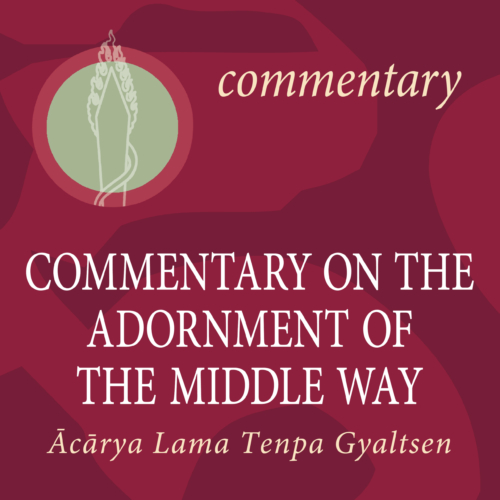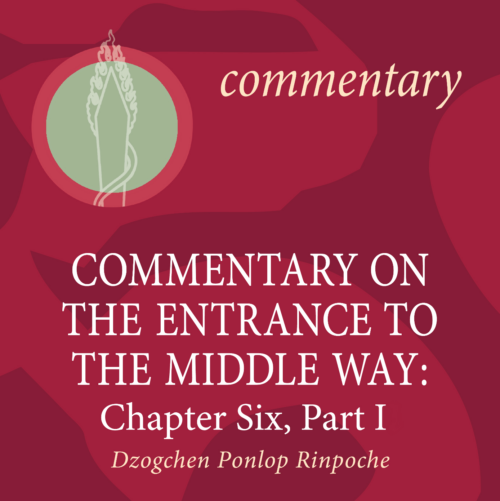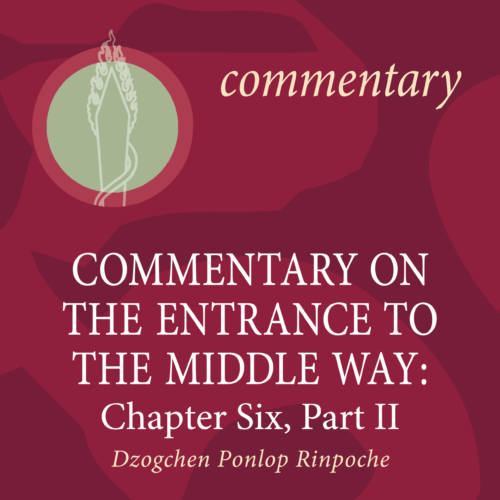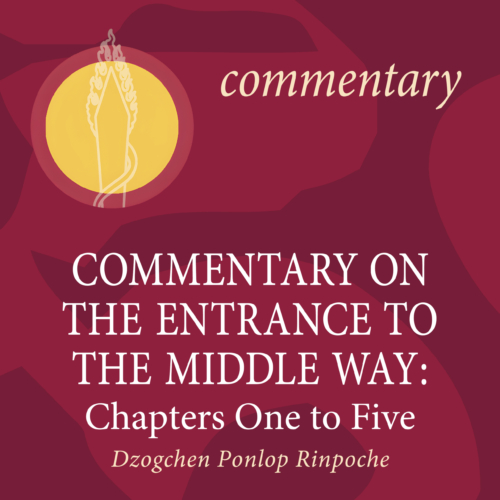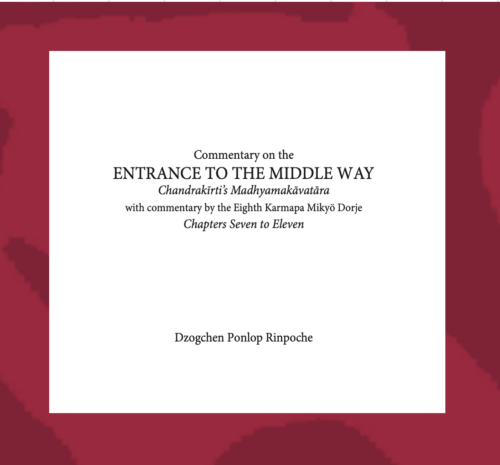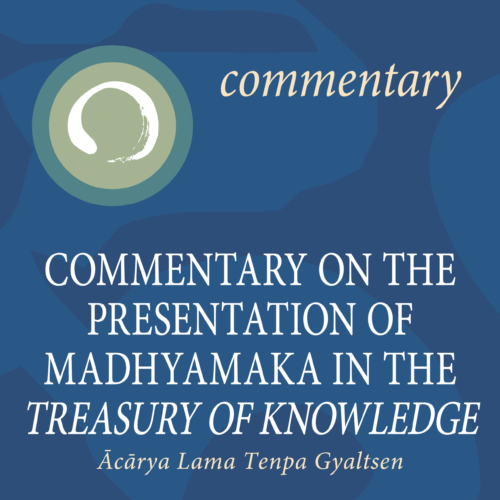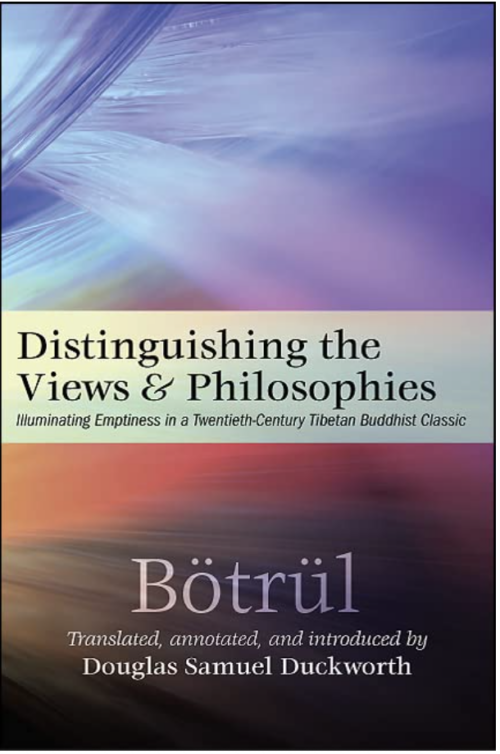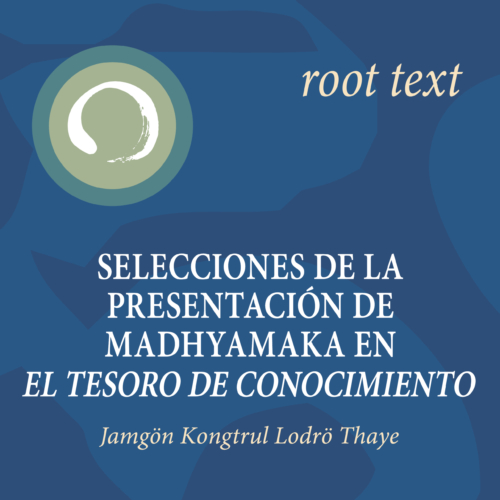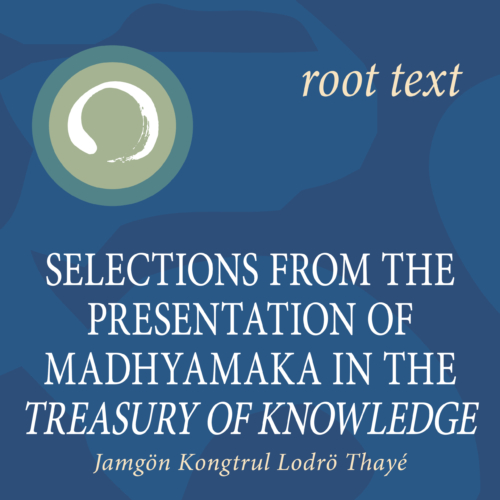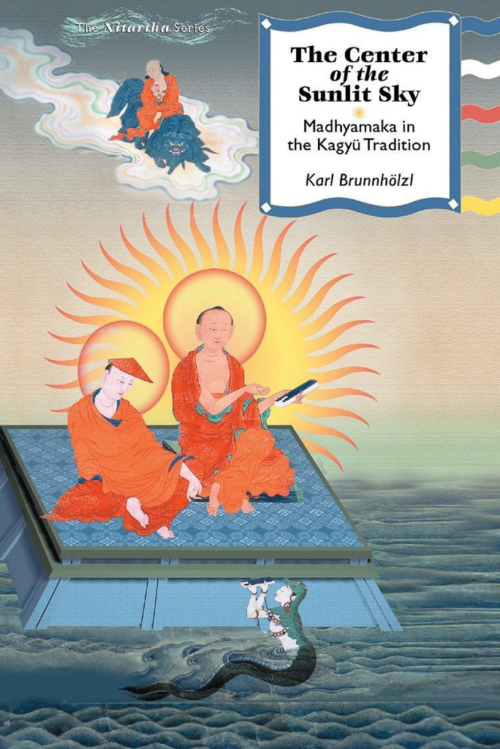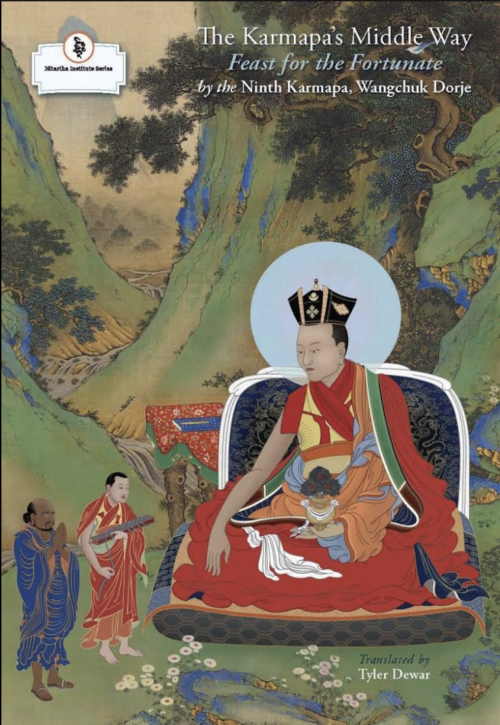- The hardcopy book is shipped from the US.
International customers may wish to explore local booksellers, Shambala Publications, or Amazon to save on shipping cost, or purchase the Kindle edition.
Author: Wangchuk Dorje
Translator: Tyler Dewar
Marked by eloquent poetry, vigorous and extensive analysis and heart instructions on breaking through the veils of confusion to independently experience the true nature of things,
The Karmapa's Middle Way contains the Ninth Karmapa Wangchuk Dorje's comprehensive commentary on the Indian master Chandrakirti's seminal text, the
Madhyamakavatara or
Entrance to the Middle Way. This commentary,
Feast for the Fortunate, is the Ninth Karmapa's abridgement of the Eighth Karmapa Mikyo Dorje's masterpiece, the
Chariot of the Takpo Kagyu Siddhas. In it, readers will find previously unavailable material on the Karmapa's Middle Way view and a rare window into a philosophically charged era of Middle Way exposition in Tibetan Buddhism. Chandrakirti and the Karmapa present in precise detail the vital Buddhist concept of emptiness through which the Mahayana path of compassionate altruism becomes complete. Introductory material, copious footnotes, appendices, and a reader-centric approach to the language will make this volume equally accessible to the seasoned scholar of Indo-Tibetan Buddhism and the newly curious nonspecialist alike.
